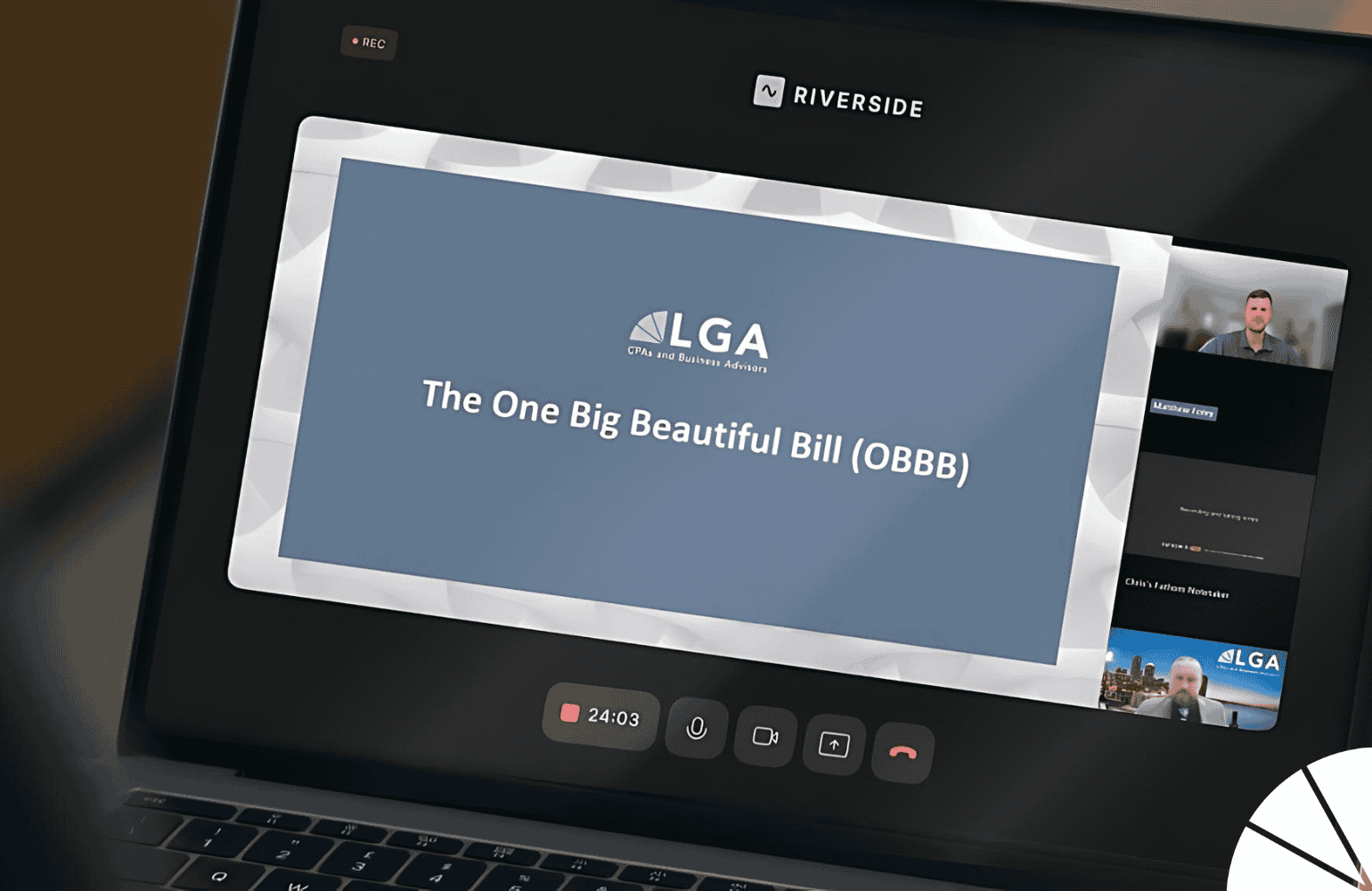
As a CPA, I frequently guide businesses through the complexities of choosing between accrual- and cash-basis financial statements. Understanding the fundamental differences between these methods is essential for making sound financial decisions that align with your business goals.
Fundamental Differences
In accrual-basis accounting, revenue is recognized when it is earned, and expenses are recognized as they are incurred. This method reflects the true operations of the business, which helps business owners to make better financial decisions.
In cash-basis accounting, revenue is recognized when it is paid, and expenses are recognized when they are paid. It is a simpler method and saves time. But it has several disadvantages. For example, if services were delivered in June but were unpaid until July, the revenue is not recognized until July. So, when you review your Profit and Loss Statement (P&L), the revenue may not align with the expenses incurred to deliver the service.
Key Benefits
In terms of financial reporting and decision-making, some key benefits of using the accrual-basis method include:
- Stronger/Faster Decision Making: When the revenue and expense recognition timing aligns, your ability to make decisions is quicker. It also provides a more accurate financial representation of what happened.
- Potential Buyer Review: When selling your company or considering a merger, potential buyers will review monthly financial statements, which are provided based on the accrual-basis method. If they were to review financial statements using the cash-basis method, they would be unable to make an informed decision as to the business’ performance.
- Seeking Financing: When you need bank financing, they will require financial statements based on the accrual-basis method to make a sound decision about the business.
Impact on Financial Health
If you’re trying to determine your company’s financial health, the accrual-basis method is more accurate. Unfortunately, the cash-basis method does not align the revenue and expense recognition, which makes the company’s margins higher or lower depending on payment timing.
Can the financial health story be different between each method? Yes.
For example, you have a cash-based business, like a car wash. You receive a large invoice and enter it into accounts payable. A couple of months pass before you have enough cash to pay that invoice. The cost-benefit would be off, which, if you are considering selling or seeking financing, your financial statement numbers will be off too. That would not be the case in an accrual-basis accounting method.
Common Transactions Recorded Differently
The differences come down to timing and the ability to make informed decisions for current and future projects. The cash-basis method could either delay the revenue recognition process or cause revenue to be recognized in advance of the delivery of the service or product, which could cloud the view of your company’s financial standing.
Common transactions that might be recorded differently include:
Revenue
- Accrual: Revenue is recognized at a given point in time or over a period of time. For example, if a service is performed and billed in June, the revenue is recognized in June.
- Cash: Revenue is not recognized until it is received. For example, if a service is performed and billed in June, the revenue is not recognized until it’s received.
Expenses
- Accrual: Expenses are recognized at the time they are incurred. For example, if you’re using a contractor to deliver a service in June, the expense is recognized in June.
- Cash: Expenses are not recognized until they are paid. In the above example, if the contractor was not paid until July, it would not be recognized until that time.
Payroll
- Accrual: Transactions are recorded as an expense when the employee earns the wages, not when they are paid. Taxes and benefits are recorded as an expense when the liability for these items is incurred, not when the payment is made. For example, a company pays its employees on the 5th of every month. The December payroll expense will be recorded in December when the employees earn their wages, even though the payment is made in January.
- Cash: Transactions are recorded as an expense only when the wages are paid to employees. Taxes and benefits are recorded as an expense when the payments for taxes and benefits are made. For example, a company pays its employees on the 5th of every month. The payment made on January 5th for December’s work will be recorded as a January expense.
A Smooth Transition
Transitioning from cash-basis to accrual-basis financial statements can be challenging, but with a strategic approach and guidance, it can lead to more accurate and insightful financial reporting. Our team is here to support you every step of the way, ensuring a smooth transition and precise adjustments. If you have any questions or want to discuss how we can assist you further, please contact me.






